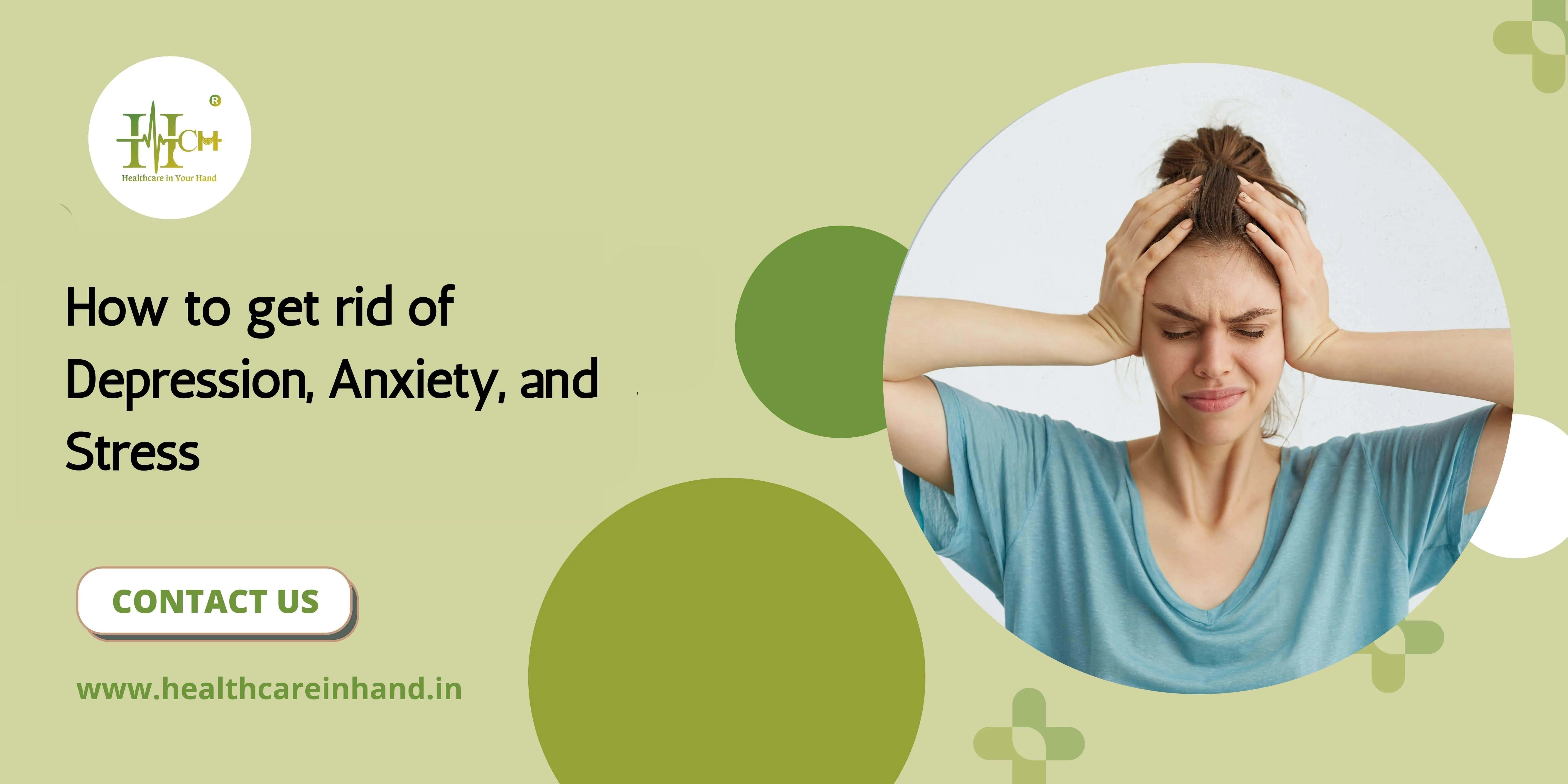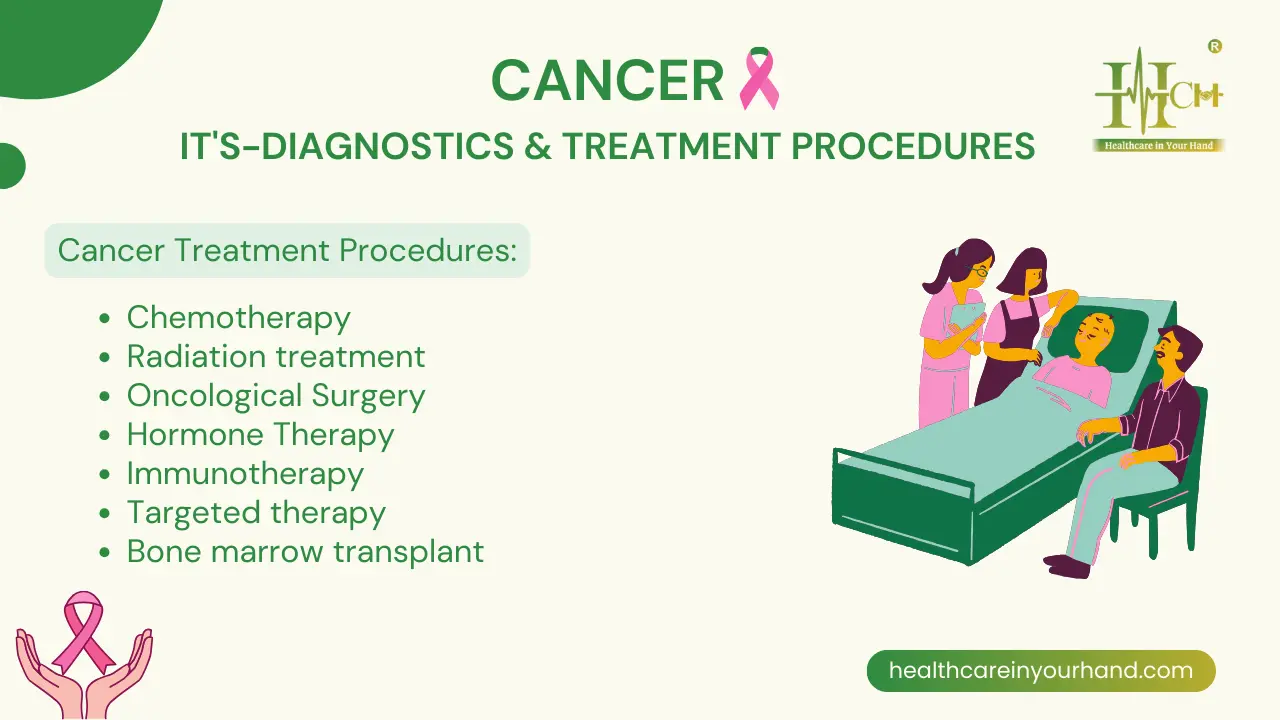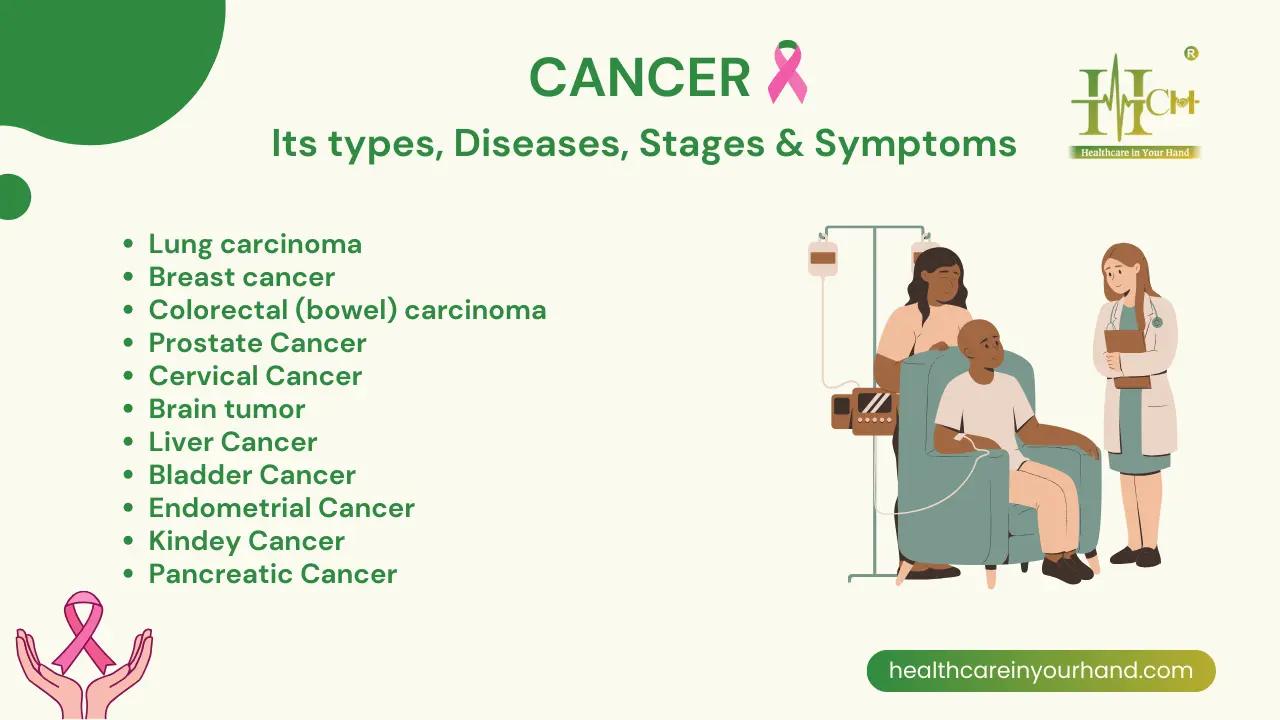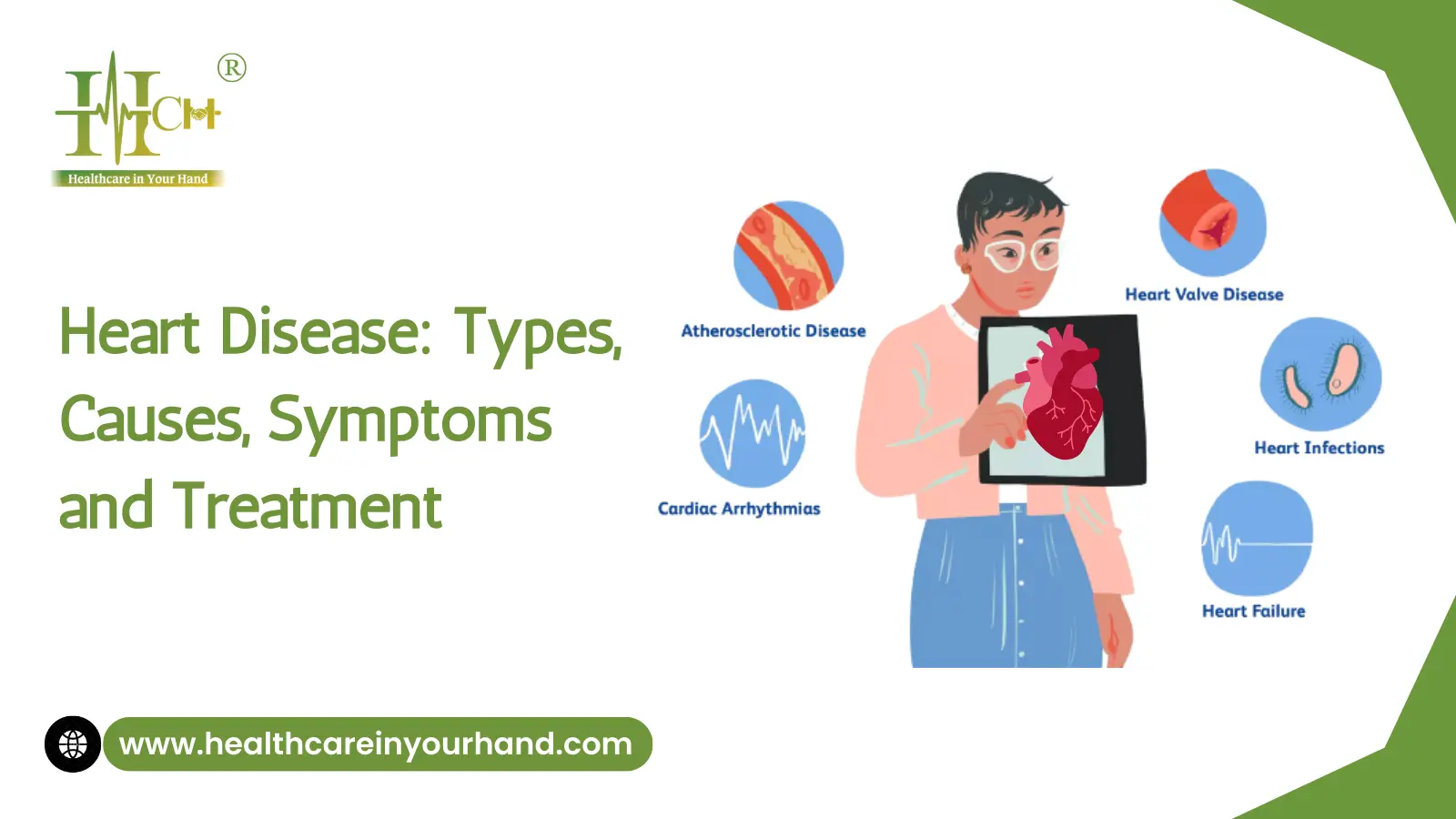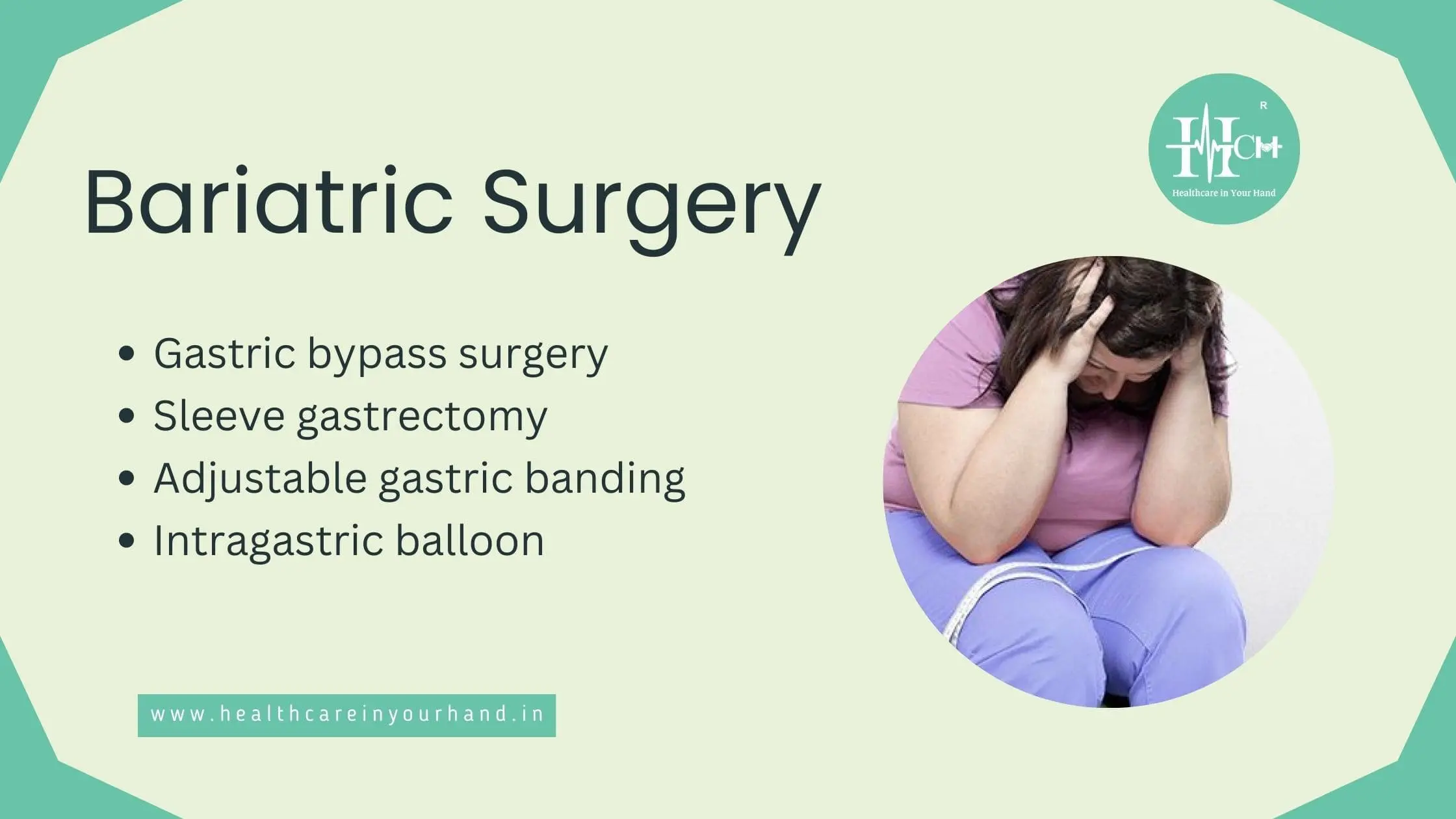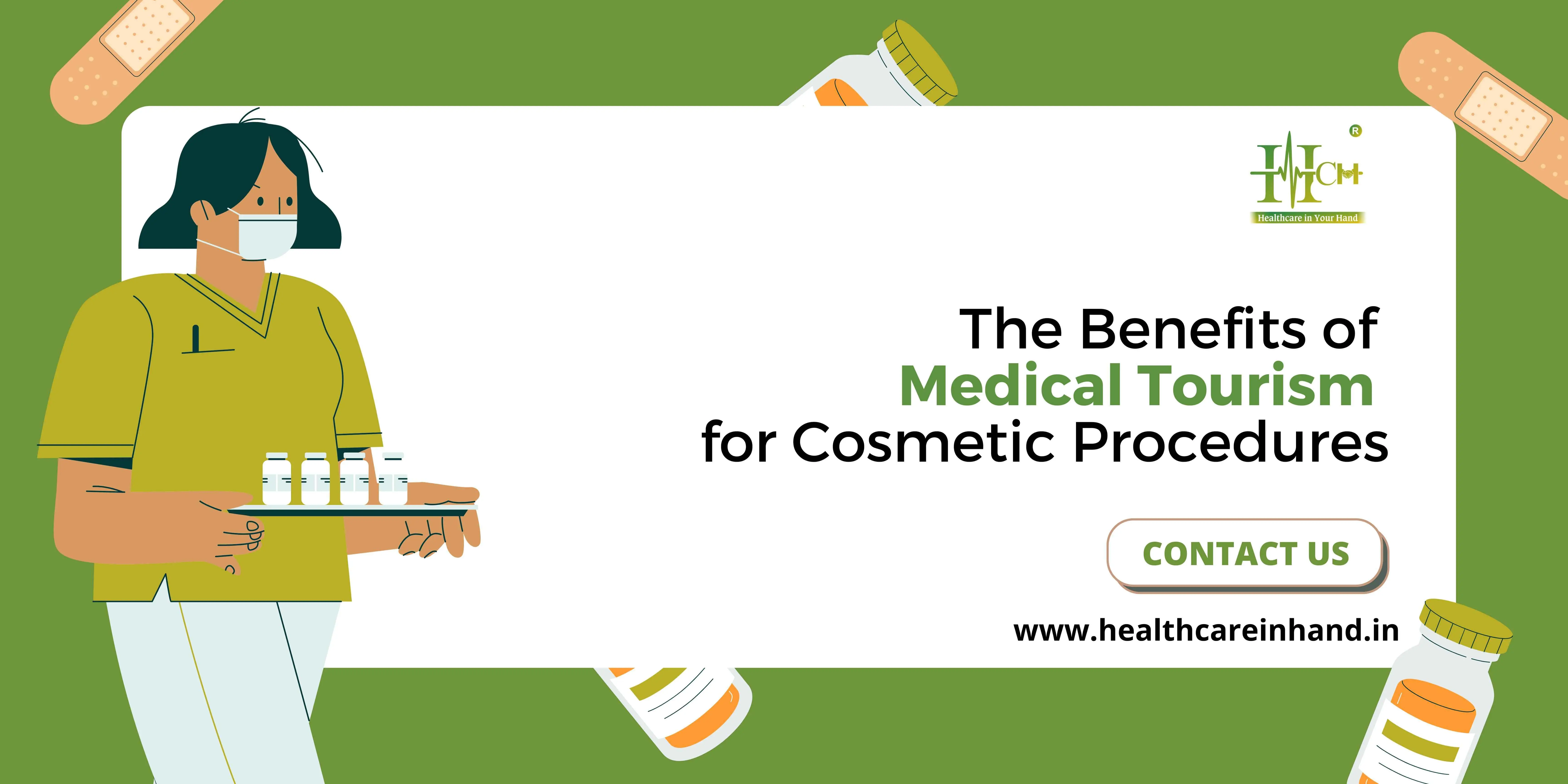How to get rid of depression anxiety and stress
- 25 Apr, 2023
- 276
- Medical tourism
Everyone experiences stress, anxiety, and depression at some
point. All of these are typical responses to overcoming obstacles in life, like
as losing a loved one or going through a divorce. One might have an anxiety and
a depressive condition at same time. Stress is characterised as a state of
anxiety or mental tension brought on by a challenging circumstance. Depression,
among other things, results in feelings of melancholy, low energy, hopelessness,
and lingering low. Feelings of jitteriness, worry, or fear are produced by
anxiety. However, even though they have different causes, these disorders share
several essential indications and symptoms like anxiety, irritability,
sleeplessness, and difficulty concentrating. Both depression and anxiety
aresevere yet curable conditions. Stress
can be understood as a response to anxiety, which is a response to daily
stressors or a difficult scenario. Unknown causes of anxiety can continue
longer and are more challenging to cure. Toxic relationships, persistent
bullying, relationship instability, family conflicts, financial insecurities,
unhealthy eating habits, drug and alcohol misuse, sedentary lifestyle, lack of
exercise, lack of sleep, persistent self-doubt, etc. are some of the factors
that contribute to these mental health issues.
Signs and symptoms
Depression: Being depressed has an
impact on nearly every aspect of your life, including your thoughts, feelings,
actions, and functioning. One or more of the following symptoms could be
present in you:
·
Demotivation or lack of interest in life
·
Sadness and Low energy
·
Discouragement
·
Hopelessness
·
Anger
·
Insomnia
·
Feeling overburdened by everyday responsibilities and
interpersonal relationships
Anxiety: If you have an anxiety
problem, you might:
·
Feel fear or panic in circumstances where most people would
not feel threatened or worried.
·
Have recurring worries.
·
Panic or anxiety episodes that occur suddenly and without a
known cause
Stress: Many people are impacted by
stress, and it can have an impact on your health. Headaches, high blood
pressure, chest pain, heart palpitations, skin rashes, and insomnia are among
the symptoms.
Untreated anxiety can make it difficult for you to work or
maintain relationships and can also make you unpleasant. In contrast, if
depression symptoms persist for more than two weeks and interfere with daily
activities like spending time with friends, taking care of your family, or
going to work, you are probably going through a major depressive episode. When
the sources of stress are eliminated, stress usually subsides. However,
persistent stress can worsen into anxiety or depression, therefore it's crucial
to take precautions to minimise or completely remove stress wherever feasible.
How to get rid of these
disorders:
While seeking expert medical assistance for depression is
always advised, particularly if the condition is severe, there are several
non-medical measures a person can do on their own to lessen the symptoms of
depression.In addition to therapy and medicine, many therapists and physicians
recommend that depressed individuals perform actions like these.
1- Exercise:
Numerous scientific studies have shown that exercise is a
highly effective treatment for mild to severe depression. Even 20 to 30 minutes of gentle exercise each
day might improve mood by increasing endorphin levels, which fight depression. It may be tough to exercise when depressed,
so it's best to start with simple, enjoyable activities such as taking short
daily walks, doing callisthenics for ten minutes at home, and dancing to music.
2- Practise meditation:
Meditation
can help you cope better with stress and worry, which are significant
depressive triggers. When you practise meditation, you may educate your brain
to maintain focus even when distracting thoughts, emotions, or bodily
sensations arise, which they inevitably do when you are feeling stressed or
nervous. Certain brain areas that are directly associated to depression have
been identified to change during meditation. According to research, meditation
can help loosen the connection between triggering brain regions, tension levels
decrease while you meditate, which improves your capacity to block out the
unpleasant feelings, stress, and worry.
3- Get sufficient sleep:
Stress and anxiety affect sleep patterns, which results in
insomnia, making it difficult to get asleep and remain asleep. In other way
sleeplessness also results in Stress and anxiety. You may get better sleep all
night if you make certain habit changes. Try Set a regular bedtime each night.
A TV or computer should not be used in the bedroom. Try to avoid eating for at
least an hour before bed, make sure the room is as dark and silent as possible,
make sure the temperature is comfortable, and refrain from drinking any
caffeinated beverages for at least two hours. Sleep is essential for our body
and brain to recover, repair, and rejuvenate. having 7-8 hours of sound sleep
every night.
4- Healthy Food Habits:
Poor eating habits are frequently a symptom of depression.
Junk food that is high in fat, sugar, and salt may provide a momentary
sensation of comfort, but over time, these meals lead to weight gain, blood
sugar increases, and depressive symptoms. The answer is to locate decent,
healthy food. Include smoothies, salads, fresh fruits, and other foods in your
diet. Finding healthy foods, you like is important, as is teaching yourself to
turn to them when you are hungry or feeling down.
5- Counteracting Negative
Thoughts:
When someone is depressed, they frequently think negatively. When
someone is depressed, they typically believe things like "I'm a
failure," "No one likes me," or "I'll always feel this
way." These kinds of pessimistic thinking develop into unconscious routines
that exacerbate depression. Challenge negative thoughts with positive ones as a
straightforward approach. For example, you can question, "How do I know
that?" Perhaps remember a time when you didn't feel this way about life to
refute the idea that "I'll always feel this way."
6- Consume Lots of Water:
All physiological processes require water. Regularly
consuming enough water helps the body eliminate impurities, boosts the
performance of internal organs, and even helps with mental clarity. Avoid
consuming soft drinks, caffeinated drinks, and alcoholic beverages since they
cause the body to lose water, which can result in dehydration.
7- Maintain Discipline and
Develop New Habits
Lack of structure and routine in a person's day might be a
problem for certain sad persons. In this situation, developing a more
structured schedule may be helpful in reducing the signs of depression.
Additionally, cultivate routines like daily phone calls to friends, brief
walks, journal writing, reading books, and listening to upbeat music.
8- Change your routine
When someone is sad, they frequently fall into a pattern that
makes their symptoms worse. A sad individual might, for instance, wake up, go
to work, come home, watch the same TV shows every night, and then overeat on
unhealthy foods before bed. Such a
regimen can perpetuate one's negative self-image. Dopamine is a key brain
chemical connected to emotions of happiness, and altering habits can help remodel
dopamine pathways in the brain.
9- Work on relationships
Talk about your issues with your partner, parent, siblings,
or friends, and then work towards solutions. Pay attention to those that uplift
you. Engage in regular interactions with positive people, not negative ones.
Finding a balance and avoiding isolation helps prevent depression from lasting
longer even though it is acceptable to spend some time alone.
10- Laugh more
Another way to raise dopamine levels in the brain is through
laughter. Dopamine levels can be increased and symptoms of depression can be
lessened by sitting down to watch comedies or films, reading jokes, laughing
with others, or even just thinking about funny things that make you laugh.
11- Help someone
When we are depressed, we have a strong propensity to become
self-absorbed. We feel overburdened by the weight of our worries in our brains.
Taking care of a pet animal or helping someone else is an easy solution. Asking
a friend how they are doing over the phone, working at a nearby charity,
lending a hand to a neighbour, getting a pet, etc. Helping others boosts our
self-esteem and takes our minds off our problems. Any relief from depressive
emotions can help to increase optimistic thinking and lift mood.
12- Indulge in Pleasant
Activities
Plan enjoyable activities or events. Do not wait till you are
"in the mood." For instance, permit yourself to take a daily
30-minute "vacation" or plan a good hobby. Just remember that you can
accomplish these tasks with the right frame of mind. Practise gratitude as well by pausing to
reflect on what went right rather than simply what went wrong today.
